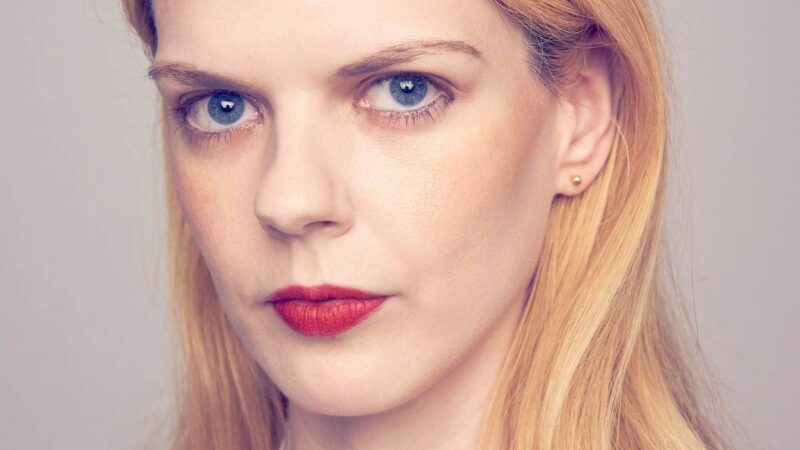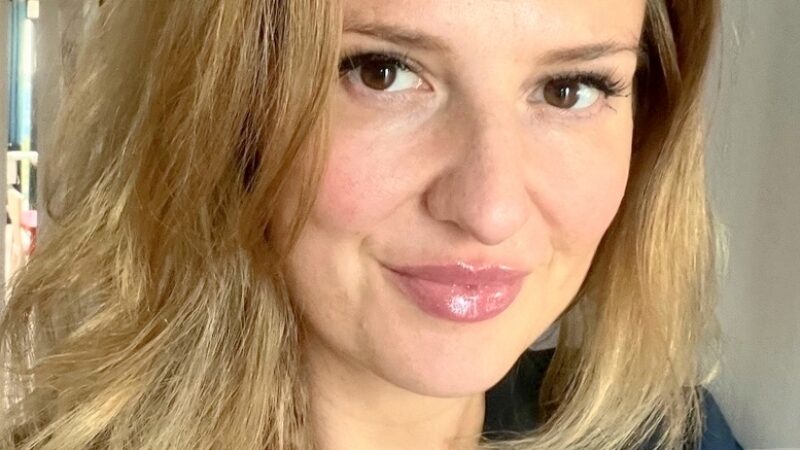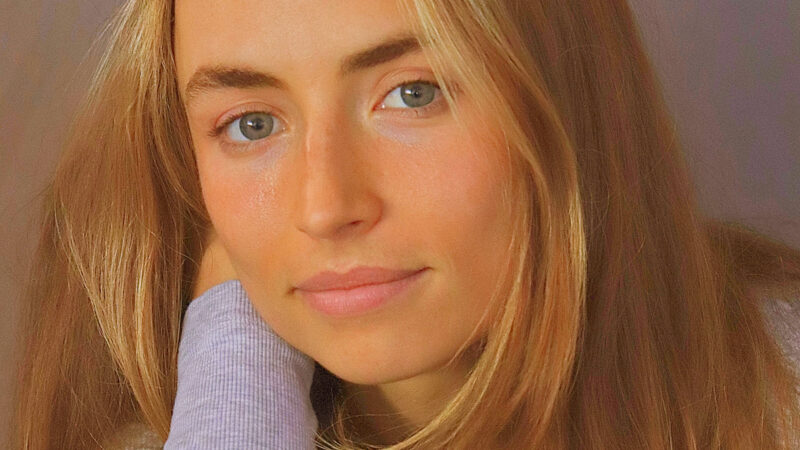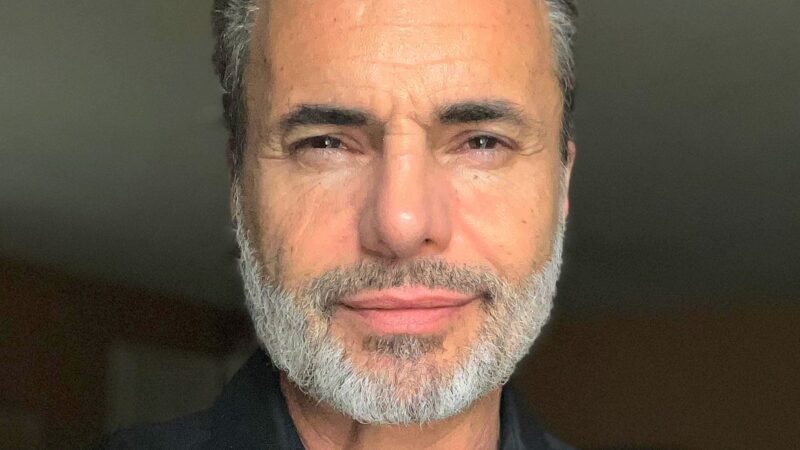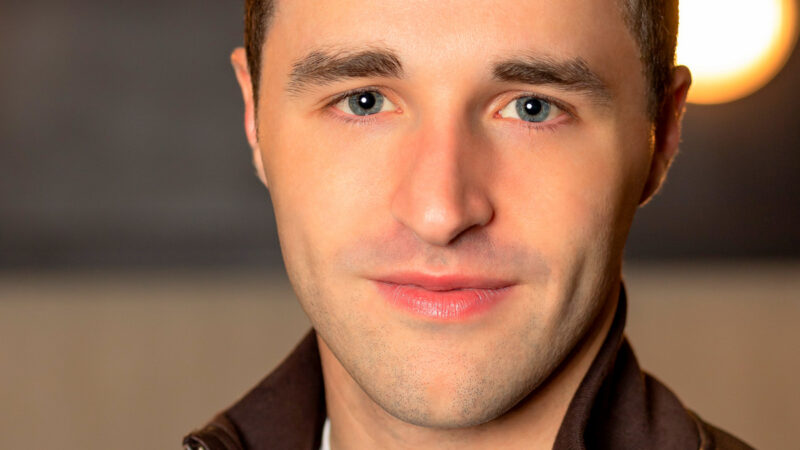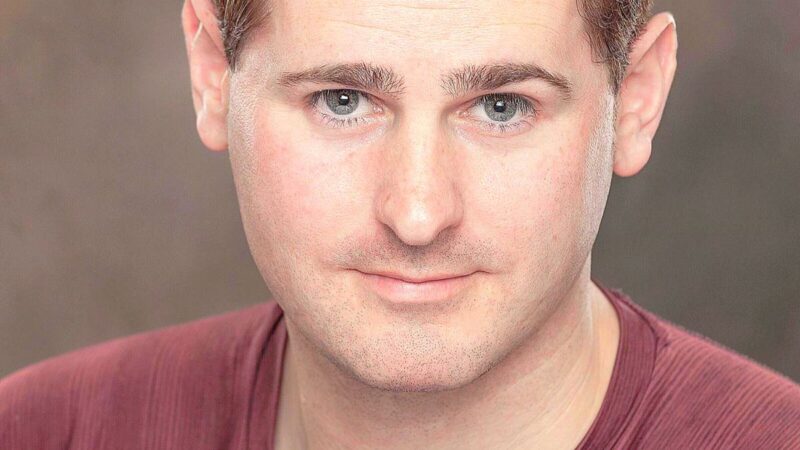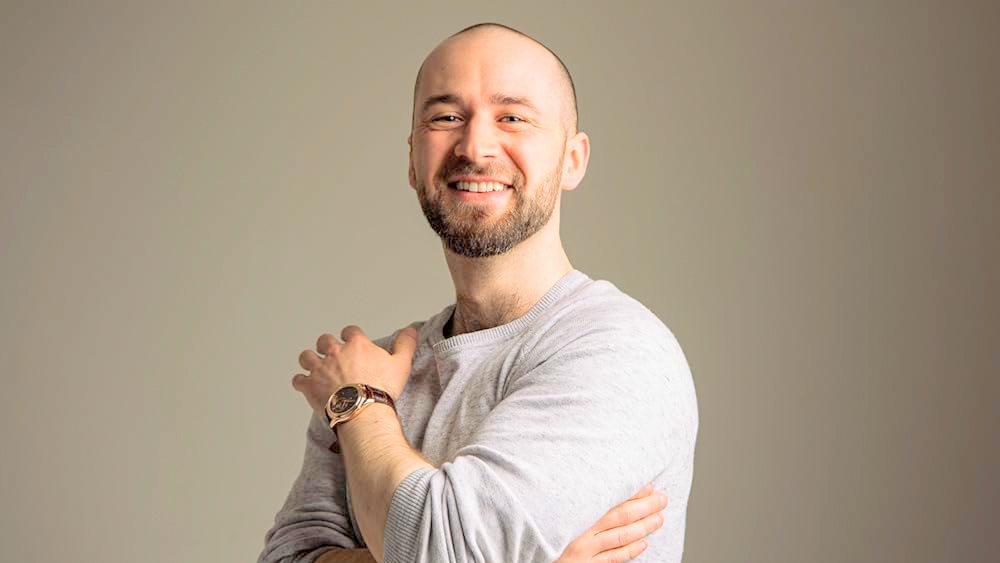
Luke Morgan is an Irish writer and director. He was nominated for the Discovery Award at the Dublin International Film Festival in 2020, and was awarded the 2015 Screenplay Pitching Award at the Galway Film Fleadh. He is also an award- winning published poet.
indieactivity: How did you get into directing? How would you describe your style?
Luke Morgan (LM): I’m sorry to have the same boring answer as most filmmakers – my parents had a clunky VCR recorder when Jake and I were growing up, and we’d use that to make silly movies around the house to pass the time. I also do a lot of work in theatre and grew up in Galway, a city that has a very prominent Arts scene. I would describe my style as being actor-centric – some directors are afraid of actors, but working with actors, speaking with them about the script and learning about their individual needs, is my favourite part of the role.
Do you hire a casting director, or do you like to choose the cast yourself? If so, what criteria go into your casting?
Luke Morgan (LM): I have not worked with big enough budgets to work with Casting Directors yet. But I think still, when that time comes, I would insist on being part of the casting process. I have a deep respect for the art of casting. The audience can ultimately make their mind up about whether they believe an actor in a role in milliseconds – but there is a grey area where casting slightly AGAINST type can be a powerful tool to eliciting a particular emotion in the audience. That challenge excites me. Generally, as most other directors would say, I often defer to my gut when I’m deciding on who might be best for a role.
The Official Trailer for The Boat Directed by Luke Morgan
What went into the casting process for “The Boat”?
Luke Morgan (LM): Because we had limited time in Nepal, we worked with our Nepali Line Producers to organize casting sessions ahead of our travel. We saw a number of actors on zoom. However, while there were a few strong performers, we weren’t convinced we had found our Raoul and Dhuckia, so we encouraged them to keep looking. Eventually, Dinesh (Line Producer) found a real-life Father/Daughter pair. Shree (the father) was a well-known actor in Nepal, but his daughter, Tejuswee, had never properly acted before. As soon as we met them we knew we had found our cast; the warmth and tenderness between them, as well as the short-hand way of communicating, caused us to cease our search immediately.
Without giving anything away, tell us a little bit about the script, how did you come up with the idea?
Luke Morgan (LM): The Boat is based on a heartbreaking true story. Ken Gibson (CEO, The Mission to End Leprosy) told us before beginning his journey with the charity that he met a young girl who had contracted and recovered from leprosy. Her name was Dhuckia, and she had been abandoned by her father at the steps of a leprosy hospital. When I heard the story for the first time, I was so moved that I committed it to words. There are some details that were invented or dramatized to help the narrative – the motif of fire throughout, the image of the burning boat, the other characters – but for the most part, it is based in reality.
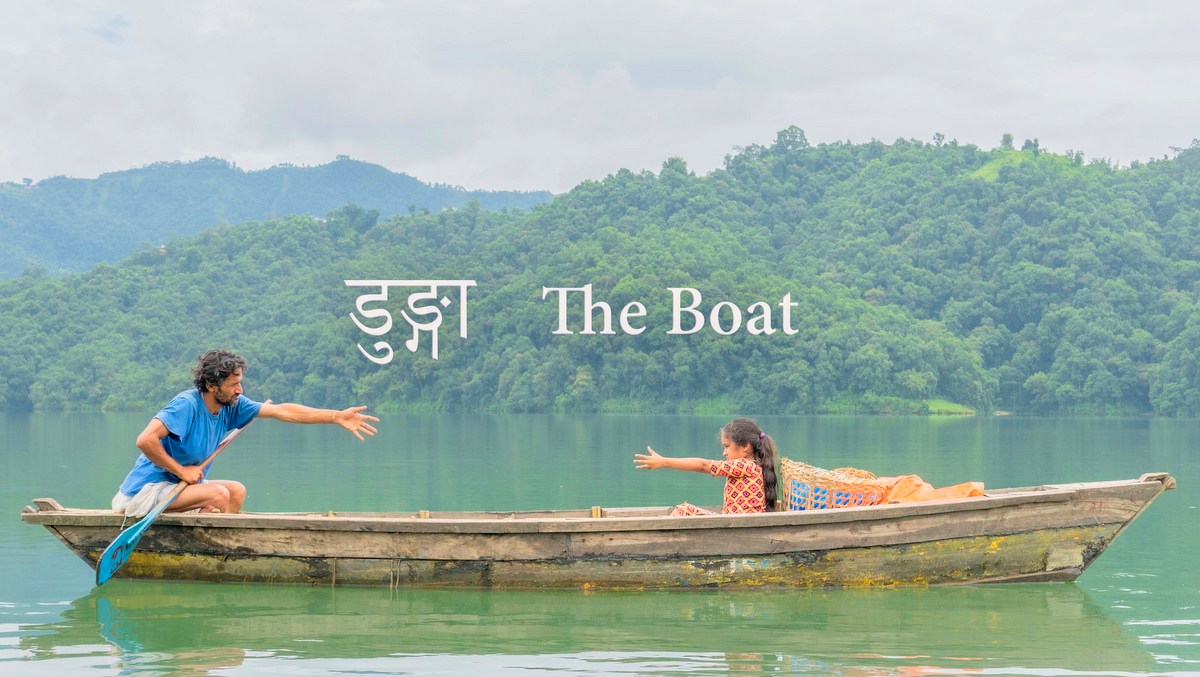
ho is “The Boat” for? Who do you think would enjoy it the most?
Luke Morgan (LM): Forgive the cliché, but “The Boat” is for anyone who has a heart in their chest. The reality is leprosy is still a major issue in many places in the world. Though the cure was discovered in Ireland long ago, and though it is very treatable, there are thousands of families who cannot access treatment. Rather than create an informative documentary that appeals to the head, I wanted to create a film that strikes directly to the heart. I believe this is how cinema can change the world; by creating imaginal empathy within the audience, inviting them to step inside the shoes of the characters themselves.
How long did it take to shoot the entire film?
Luke Morgan (LM): We were shooting for 10 days, but were in Nepal for a full month preparing and wrapping up afterwards.
How long was the post-production process?
Luke Morgan (LM): The post-production took effectively 6 months, between working closely with the editor (Ryan Keane), creating the music (Jake Morgan), colouring the footage (Filipe Fernandes), mixing the sound (Noelle Rowley, Paul Rowland). We wanted to screen the film to a number of close collaborators too and amend according to their feedback, which all takes time to properly and meaningfully implement.
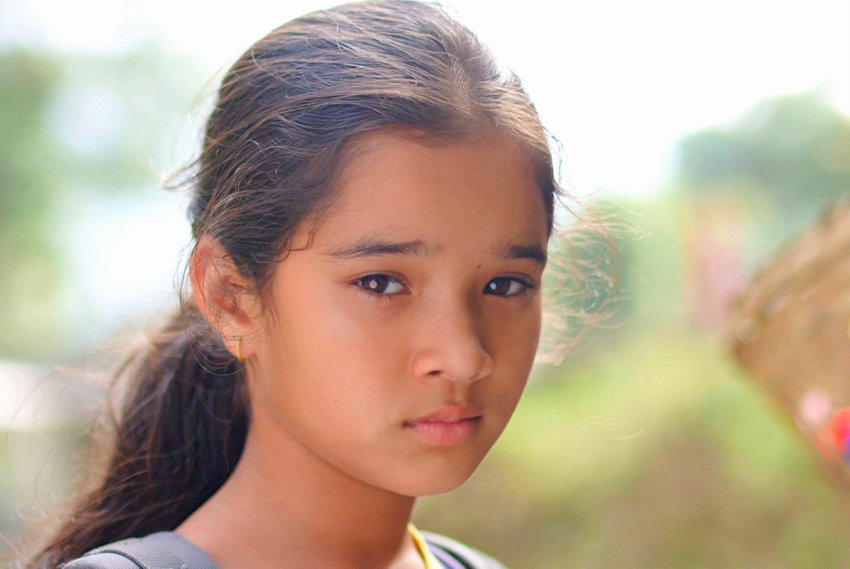
The film had a lot of talent working behind the scenes as DPs, sound designers, composers, etc. Why is diversity important both in front of and behind the camera?
Luke Morgan (LM): There were an equal amount of crew on “The Boat” from Nepal as well as from Ireland. In this sense, it was a true collaboration between creative minds and hands from two very different places in the world. Though sometimes we struggled to communicate in our native tongues, what we ultimately found is that we spoke the common language of creativity and filmmaking. As an Irishman who is very passionate about minority languages (i.e. Gaeilge), it is a thrill to be part of a project that showcases a lesser-heard language on the big screen: Nepali.
What are your goals with “The Boat”?
Luke Morgan (LM): We believe The Boat has what it takes to be nominated for an Oscar® for Best Live Action Short Film. The platform this would provide for the aims of The Mission to End Leprosy is priceless – there is a credible probability that the disease could be eradicated if enough people are moved enough to demand their politicians to do more to help. Our goal with “The Boat” was always to move a silent majority of caring humans to reach out and act – we are now starting to see how this could become a reality.
What’s next for you? What are you working on right now?
Luke Morgan (LM): Right now, we are developing a project between Ireland, Portugal and Brazil. The project is being supported by Fís Eireann/Screen Ireland and the Creative Europe MEDIA programme. It’s another story from the heart, and suitable for young adults.
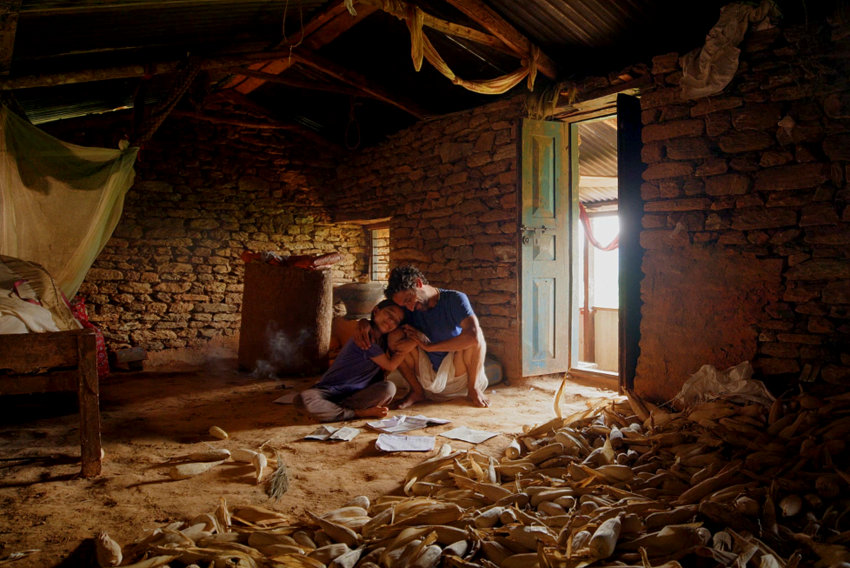
What would you recommend to a new director at the beginning of his/ her journey? Any special courses, workshops, helpful books they can read?
Luke Morgan (LM): I was very lucky to have great mentors as part of my study at ATU Galway. They are Celine Curtin, Felim MacDermott, Donal Haughey to name a few. Really what I’d encourage budding filmmakers to do is to read screenplays. They are almost always available online for free once a film is released. Ant, then watch the corresponding production to see how the filmmakers translated the script onto screen. That’s something I do whenever I feel the need to “catch the buzz” again. The process of bringing words on a page to life is an alchemy. It involves hundreds of varied skillsets and a great sense of teamwork. It really is a miracle anything gets made!
Who is your favorite director? Why?
Luke Morgan (LM): My favorite director is Ingmar Bergman. In my opinion, no film director has done more to map the human psychological landscape on screen than he. However, strong contenders would be Ken Loach, Emmanuelle Bercot, Matteo Garrone, and our very own Lenny Abrahamson.
What advice would you give directors around the world?
Luke Morgan (LM): Don’t give up! The world can be such a callous, painful and dull place. As an artist, you are the guardian of magic. The arbitrator of enchantment, the rebel spirit that gives life color and meaning. We need you more than you will ever know!
Tell us what you think of the interview with Luke Morgan. What do you think of it? What ideas did you get? Do you have any suggestions? Or did it help you? Let’s have your comments below and/or on Facebook, Instagram, or Twitter.
Socials
Website
IMDb
Facebook
X (formerly Twitter)
Instagram
YouTube
LinkedIn
FILMMAKER INTERVIEWS

